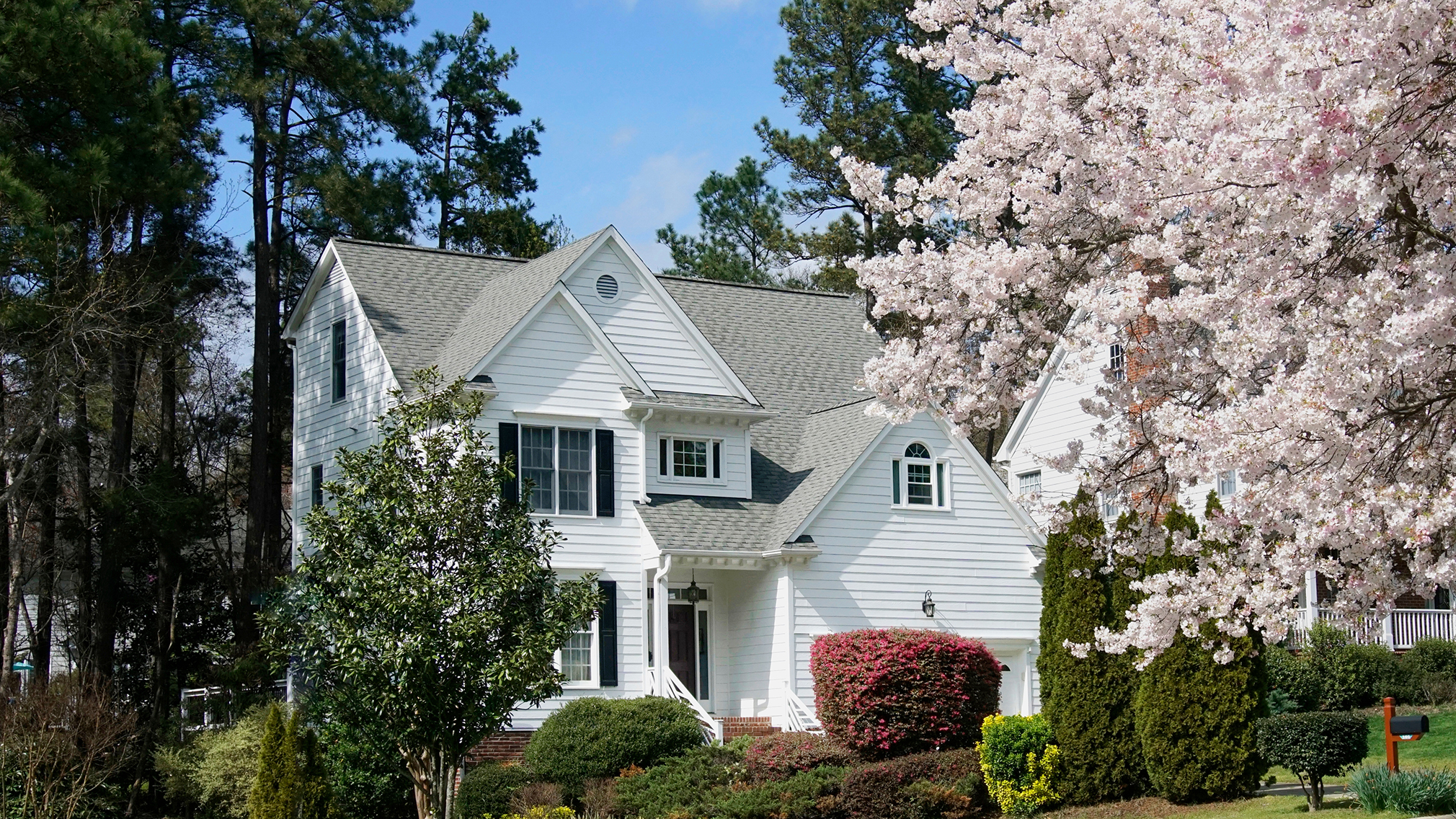March Market Report: Debunking 3 Popular Buyer Objections


Grant Brissey
March 13, 2024
3 Minute Read
For buyers, this is as good as it gets for now. Inflation and mortgage rates have eased somewhat. However, with immigration fueling surprise population growth and incomes rising again, housing demand is already outpacing supply. Unless the number of newly built homes significantly increases, interest rates likely won’t ease much more soon. Besides, a large decline in interest rates would push demand further away from supply, resulting in both less inventory and higher home prices.
Compared to last year, the market is already in more of a sweet spot. New listings are 21% higher than last February, which is good news for home buyers and more evidence that the effects of ‘rate lock’ are starting to fade. Competition remains stout for attractive, well-priced listings — homes that sold in February did so in 17 days, 10 days faster than before the pandemic. To win homes as the spring selling season warms up, buyers may need to rethink their view of the early-spring market.
Let’s rebut three popular buyer objections.
Objection #1: “Rates will come down after the election, so I’ll buy then.”
Presidential elections do not have any significant effect on mortgage rates, regardless of the winning party. Looking back over the last 20 elections, there is no consistent correlation. For buyers and sellers alike, waiting means wagering eight months’ worth of equity for a bet that’s unlikely to pay off.
“The election will not bring mortgage rates down,” says Zillow Senior Economist Orphe Divounguy. “Best case scenario is there’s no large effect on mortgage rates. Worst case scenario is mortgage rates jump back up because the economy remains robust and folks had overestimated the impact of a change in political leadership.
Objection #2: “All the headlines say the Fed is going to cut rates. I’ll wait until that happens.”
Mortgage rates tend to follow long-term treasuries, which depend on future inflation and economic growth, so they’re not often immediately responsive to Fed action. The likely rate cuts aren’t meant to stimulate economic activity. Instead, rate cuts will prevent monetary policy from becoming more restrictive and causing an economic downturn. Continued economic expansion indicates long-term rates will remain elevated. In the meantime, strong jobs and wage growth suggest the Fed won’t rush to adjust its current policy stance.
“Why shouldn’t buyers wait for rates to fall? For one, we expect a stronger economy, slower disinflation,” Divounguy says. “The labor market remains tight. And surprise population growth is adding to housing demand and pressure on house prices. Movers shouldn’t bet on mortgage rates declining when the economy is so robust. It’s risky to wait in an environment where pressure is up, not down.”
Objection #3: “Once rates come down, I’ll have more choices.”
The problem with this argument is that too many would-be buyers share it. Any drop in rates will mean more demand and more competition. Meanwhile, a significant drop in rates could lead millions of potential buyers back in the housing market — much like we saw during the pandemic. (And that’s if the large rate drop doesn’t come with an economic downturn and a large increase in unemployment.) During the pandemic, there weren't enough homes to go around, and in early 2024, inventory is still 37% below pre-pandemic levels.
“Rates are just one part of the picture,” Divounguy says. “Of course when they come down, buyers see that as an opportunity. But then demand can flood into the market and prices rise, leading to a vicious cycle of higher prices and then higher rates all over again. Given the somewhat low inventory levels, competition could become unwieldy following even the slightest mortgage rate reduction.”
Zillow works for agents
We're here to support you and your clients on their journey home. Discover how we can help grow your business today.
Learn more
